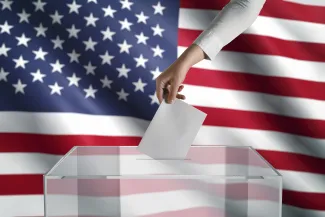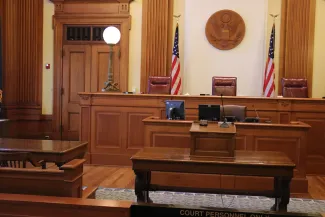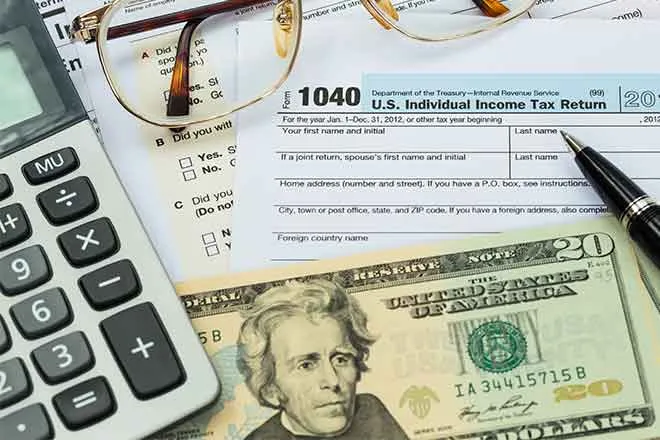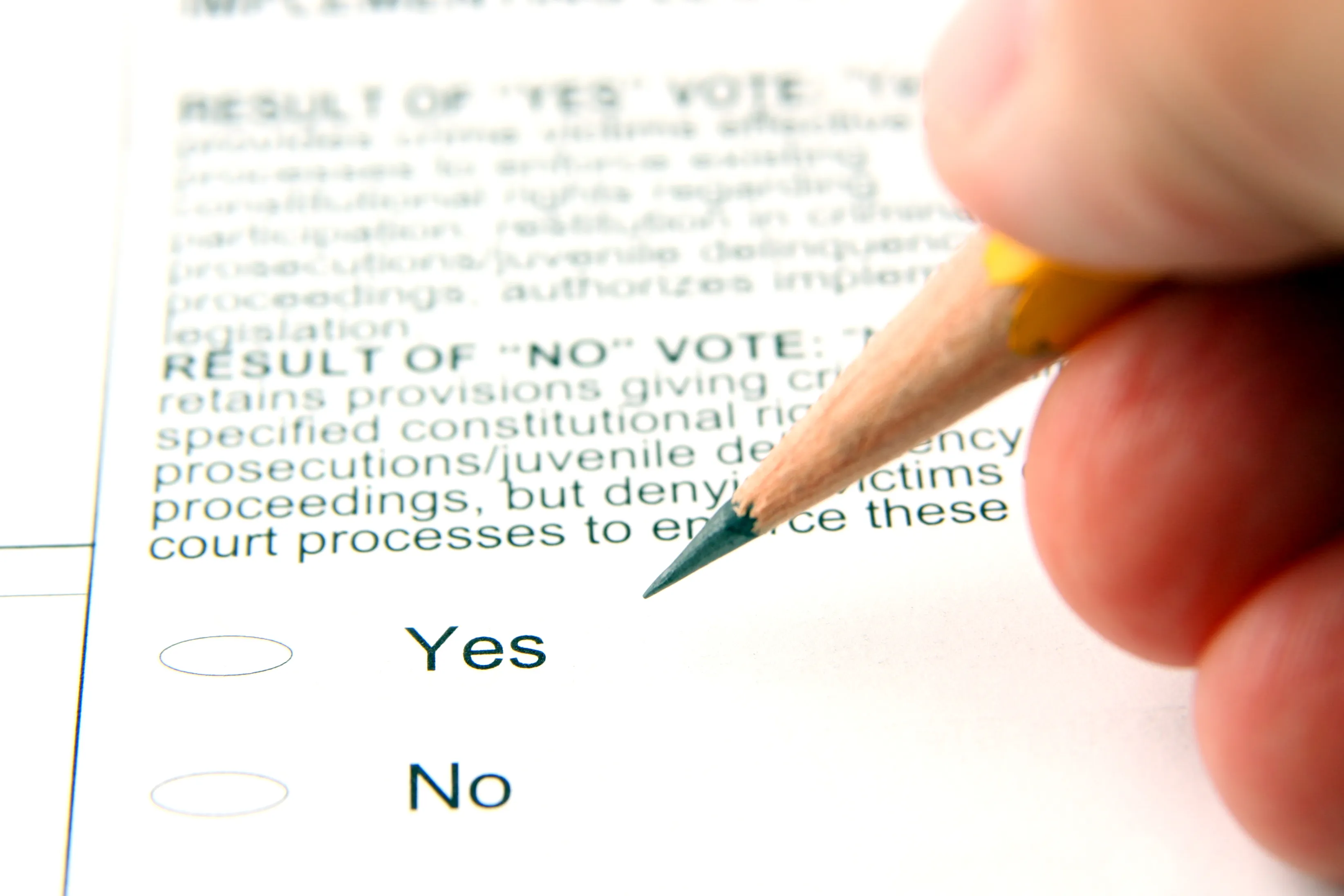
Federal court say private citizens cannot sue over Voting Rights Act
(The Center Square) - Private citizens or groups cannot sue the government over the Voting Rights Act, a panel for the United States Court of Appeals for the Eighth Circuit ruled Monday.
The Arkansas State Conference of the NAACP and the Arkansas Public Policy Panel filed a lawsuit over House redistricting lines, saying they diluted the black vote.
A lower court said only courts assumed in the past 50 years that private citizens or groups could bring a Voting Rights Act lawsuit. Two of the three judges on the panel agreed with the lower court.

© iStock - sefa ouzel
The assumption "rests on flimsy footing," the judges said.
"After reviewing the text, history, and structure of the Voting Rights Act, the district court concluded that private parties cannot enforce (Section) 2," the concurring judges said in the ruling. "The enforcement power belonged solely to the Attorney General of the United States who was given five days to join the lawsuit." When he declined, the case was dismissed.'
Chief Judge Lavenski R. Smith disagreed with the majority.
"Admittedly, the Court has never directly addressed the existence of a private right of action under (Section) 2; however, it has repeatedly considered such cases, held that private rights of action exist under other sections of the VRA, and concluded in other VRA cases that a private right of action exists under (Section) 2," Smith said. "Until the Court rules or Congress amends the statute, I would follow existing precedent that permits citizens to seek a judicial remedy."
The American Civil Liberties Union represented the plaintiffs and called the ruling a "travesty of democracy."

© iStock - keeton12
"For generations, private individuals have brought cases under Section 2 of the Voting Rights Act to protect their right to vote," said Sophia Lin Lakin, director of the ACLU’s Voting Rights Project. "No court had denied them the ability to bring their claims in federal court — with the sole exception of the district court, and now the Eighth Circuit. By failing to reverse the district court’s radical decision, the Eighth Circuit has put the Voting Rights Act in jeopardy, tossing aside critical protections that voters fought and died for."
Arkansas Attorney General Tim Griffin called the ruling a "victory for our citizens and the rule of law."
“For far too long, courts across the country have allowed political activists to file meritless lawsuits seeking to seize control of how states conduct elections and redistricting," Griffin said. “This decision confirms that enforcement of the Voting Rights Act should be handled by politically accountable officials and not by outside special interest groups."
Kymara Seals, policy director at the Arkansas Public Policy Panel, said the fight is not over.
"We’ll continue to explore every avenue to ensure that the voting strength of Black Arkansans is not diluted," Seals said.
















